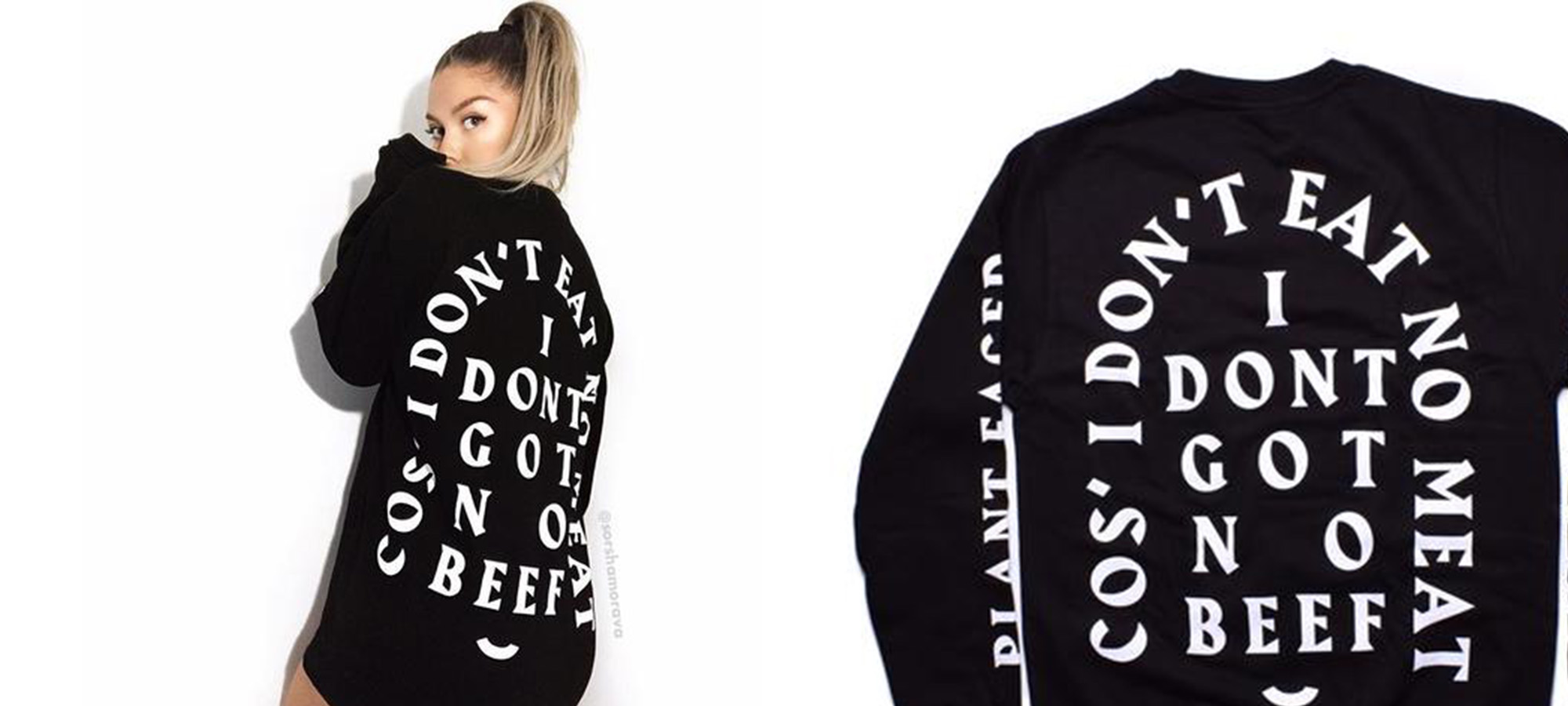Our editors curate highly rated brands that are first assessed by our rigorous ratings system. Buying through our links may earn us a commission—supporting the work we do. Learn more.
Another small branch of H&M, Weekday is popular with the younger generation. But how ethical is Weekday? This article is based on the Weekday rating published before February 2022.
Is Weekday an ethical or sustainable brand?
Swedish brand Weekday is yet another label owned by fast fashion giant H&M. It has a casual streetwear aesthetic that appeals to the younger generation, and sells basics for as little as $4. But as a smaller branch, is it doing more to reduce its impact on people, the planet, and animals, or is it more of the same story? The brand proudly highlights its “Responsibility” page and says, “We…put sustainability at the core of Weekday, and we aim to make responsible choices in everything we do.” It also talks about the importance of a circular fashion system and has a second hand section in its Drottninggatan store in Stockholm. So let’s break down Weekday’s rating and answer the question—how ethical is Weekday?
Environmental impact
For the environment, Weekday gets “It’s a Start”. The brand focuses on incorporating more “Responsible” materials into its collection, including organic cotton, recycled polyester, and viscose, which is positive. Along with the entire H&M supply chain, it has also set a science-based target to reduce greenhouse gas emissions, aiming to be “climate neutral” by 2030 and “climate positive” by 2040.
While we commend the brand for its goals and would applaud their achievement, the reality is that Weekday is still a fast fashion brand. It churns out thousands of styles for low prices. And as much as it claims circularity, unless it slows down its methods, it can’t claim to be sustainable without a waft of greenwashing. We’ve talked about fast fashion brands’ “green” collections before, and it’s worth reading to learn why simply having a portion of recycled/eco materials in such a vast collection isn’t enough.
Labour conditions
When it comes to workers, Weekday is once again rated “It’s a Start”. Much like its parent company H&M and the various subsidiaries, it received a score of 61-70% in the Fashion Transparency Index and publishes some pretty detailed information about its suppliers. Transparency is a crucial first step to a more ethical fashion industry, but it takes more than simply flagging what goes on behind the scenes—there also needs to be concrete action. The brand has a project to improve living wages, but at this stage, it doesn’t seem to guarantee the payment of a living wage in most of its supply chain.
Animal welfare
Animal welfare is the third area we look at when rating a brand’s impact, and Weekday’s score has recently risen to “Good” here. It has a formal animal welfare policy aligned with Five Freedoms, doesn’t use fur, down, angora, or exotic animal skin, and uses wool accredited by the Responsible Wool Standard. It also traces most animal products to the first stage of production. It does use leather and exotic animal hair despite its commitments to responsible materials, though it appears to have plans to phase them out in the future.
Overall rating: It’s a Start
So, how ethical is Weekday? Overall, we’ve rated Weekday as “It’s a Start” based on our own research—you can read more in our post about what our “It’s a Start” rating really means. Like its parent company, it has taken steps to improve in each of the three key areas. However, it’s still a fast fashion company producing too many new garments and encouraging mass consumption, good intentions aside.
Note that Good On You ratings consider 100s of issues, and it is not possible to list every relevant issue in a summary of the brand’s performance. For more information, see our How We Rate page and our FAQs.
If clothing made from eco-friendly materials from a fast fashion brand best suits your needs, from budget to size to accessibility, you shouldn’t feel guilty about buying it. But for those who prefer to support brands leading the way in ethics and sustainability across the board, we’ve found some “Good” and “Great” alternatives to Weekday to meet your needs.
Good swaps
Sustainable alternatives to Weekday
























